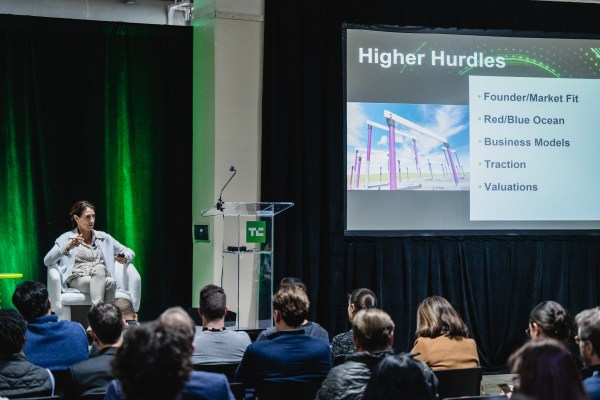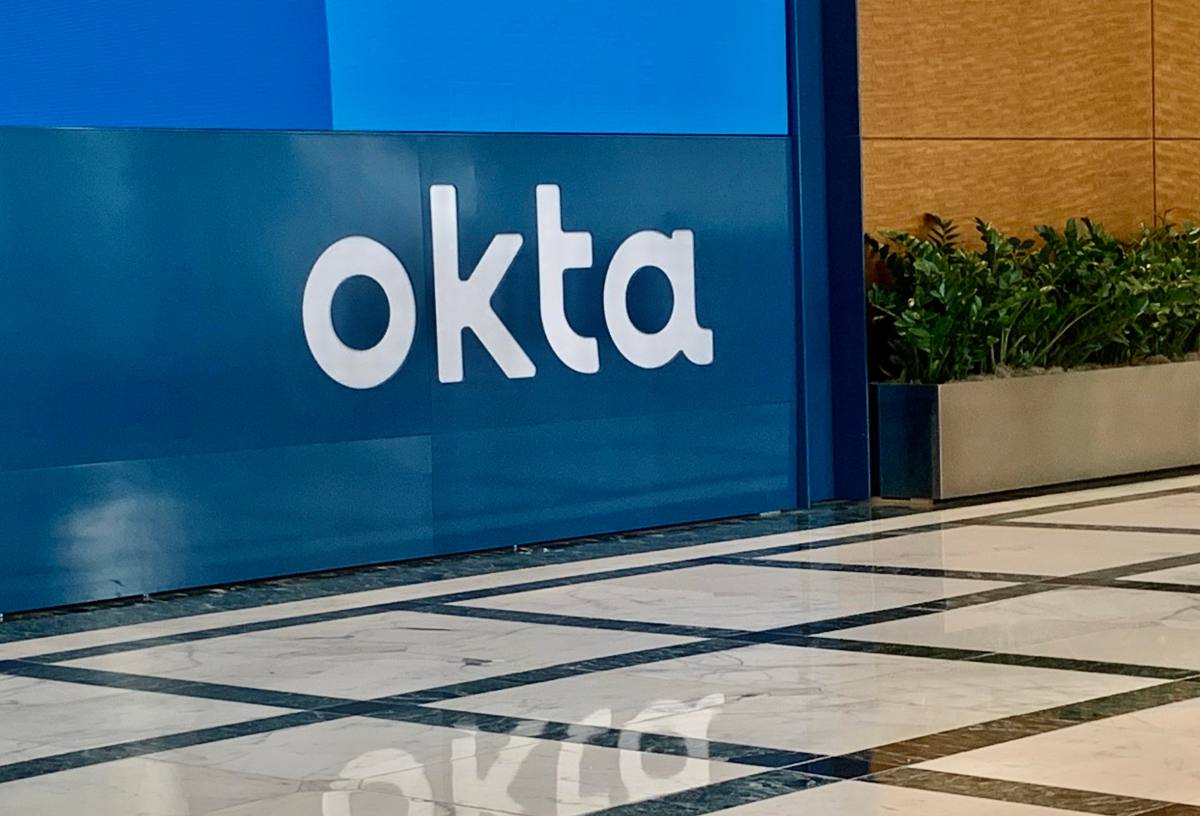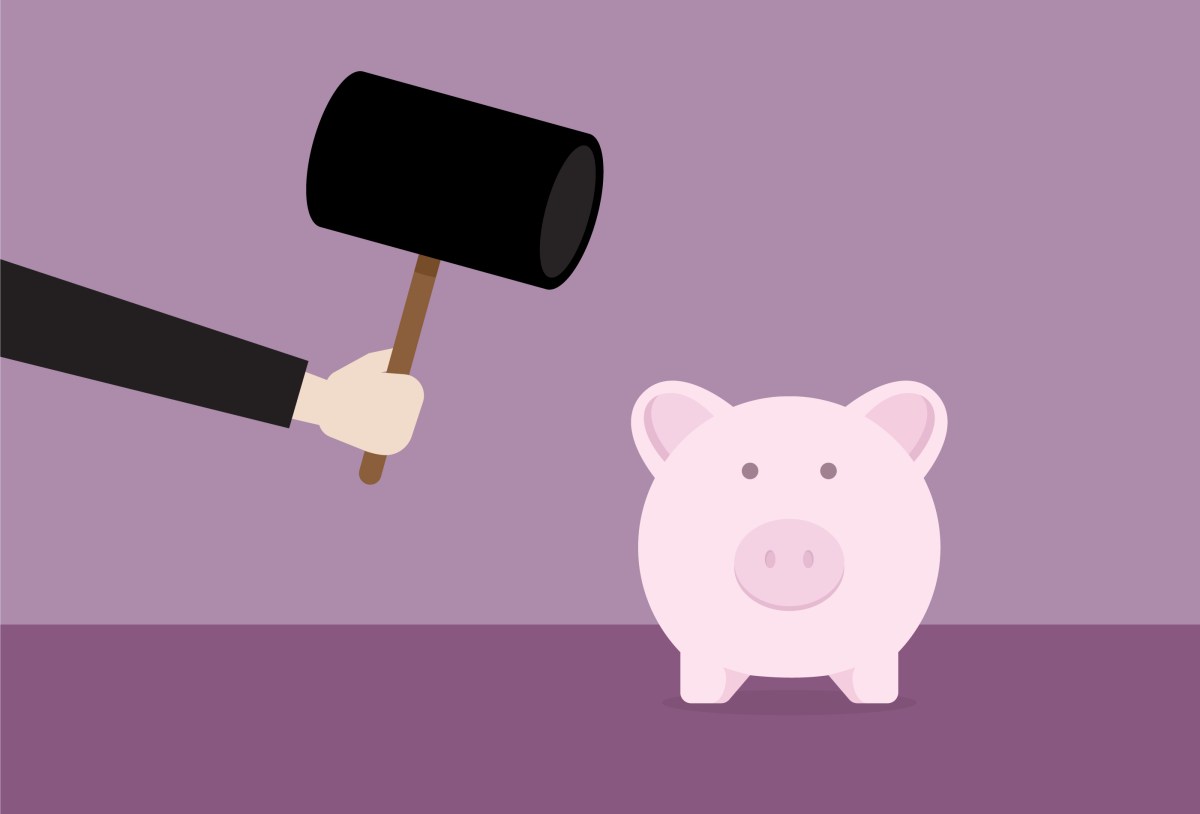Taking the pulse on the Northeast seed market with Techstars’ Kerty Levy

Techstars’ Kerty Levy knows a thing or two about where seed funding is, and where it might be going, in the Northeast.
During a presentation at TechCrunch’s Early Stage in Boston last month, Levy took a brief look at deal counts and valuations before exploring in more depth what the obstacles to funding are right now, and what founders are going to have to expand on in order to cut a deal.
From 2021 to 2022, overall deal count in the Northeast was down around 25%. It might not be surprising, but it is quite stark. If you take a look at seed funding specifically, things are even more contracted.
“Even if you extrapolate out past this quarter, even if we have a great second half of the year, I’m afraid that the deal count is looking bad,” she said.
In the first quarter of 2023, most of the investments in New England were in the productivity, business productivity, software, health care, climate, energy and fintech sectors.
But in Levy’s opinion, founders seeking investment are expected to jump through a series of hoops in order to access a pot of money that has decreased in size.
“In 2021, you would go through this list of things to think about,” Levy said. “Traction: check. Founder/market fit: check. That’s the attitude investors were going through at that time. But this time around, what we’re seeing is real, really rigorous, hurdle-jumping to get through the diligence and even through a few meetings with investors. And I think that’s because investors have funds to invest and want to spend it, but they want to spend it on the companies that they feel have the best chance of success.”
While investment might be down overall, there’s still a lot of buzz surrounding the companies that do get through all the hoops.
“Just like always, there is a little bit of FOMO there,” Levy said. “So those companies who are checking those boxes heavily and making it through that diligence, those are the ones that you’re hearing the buzz about the valuations are still up there.”
The hurdles are high.



